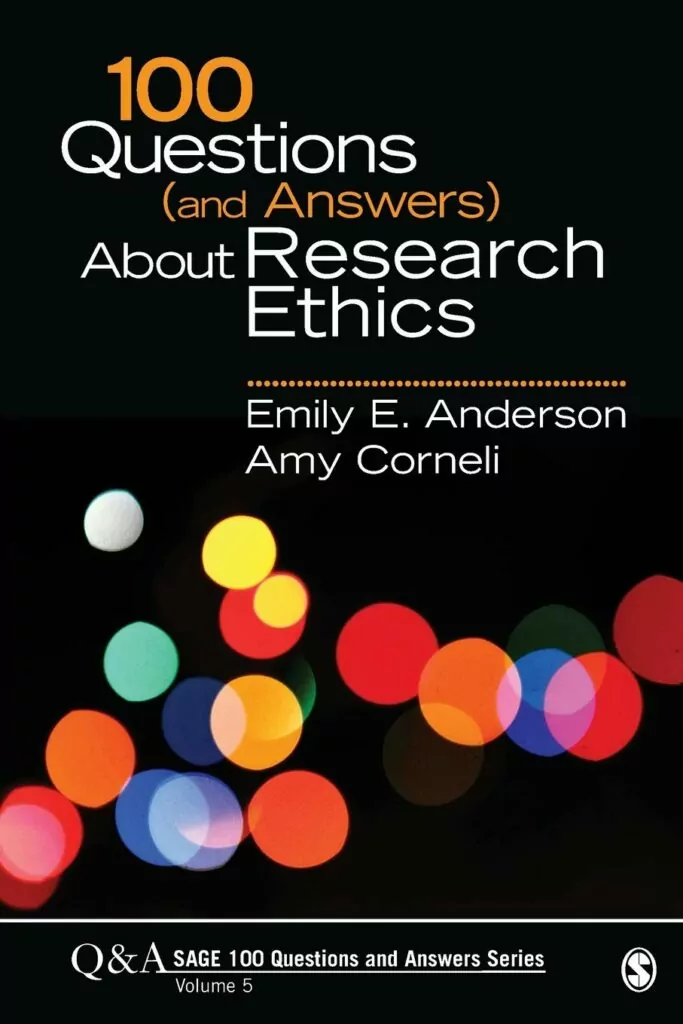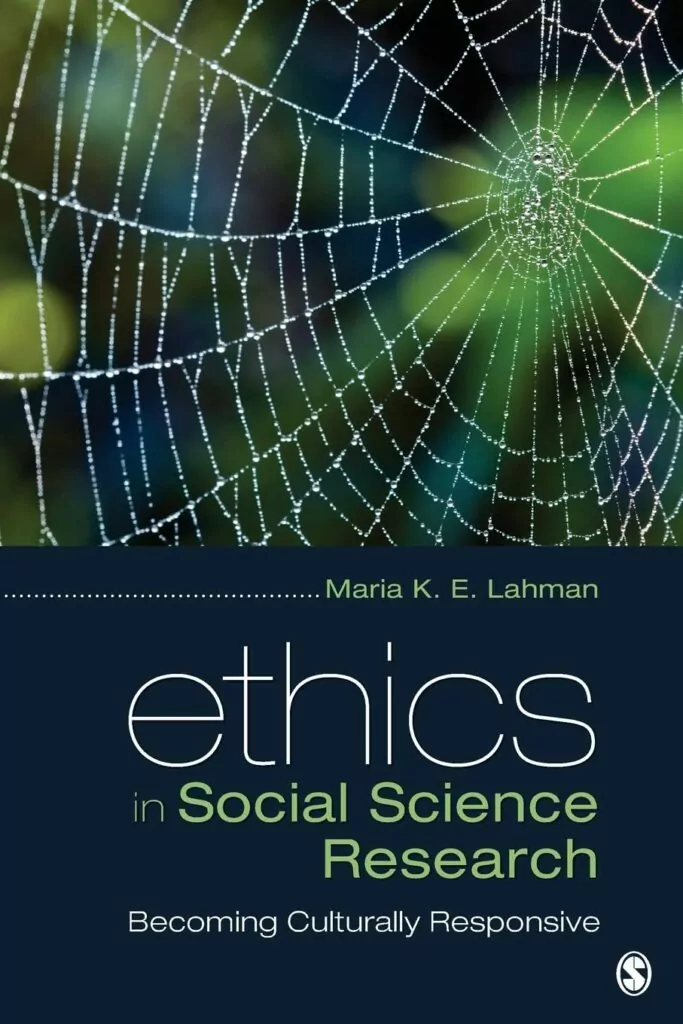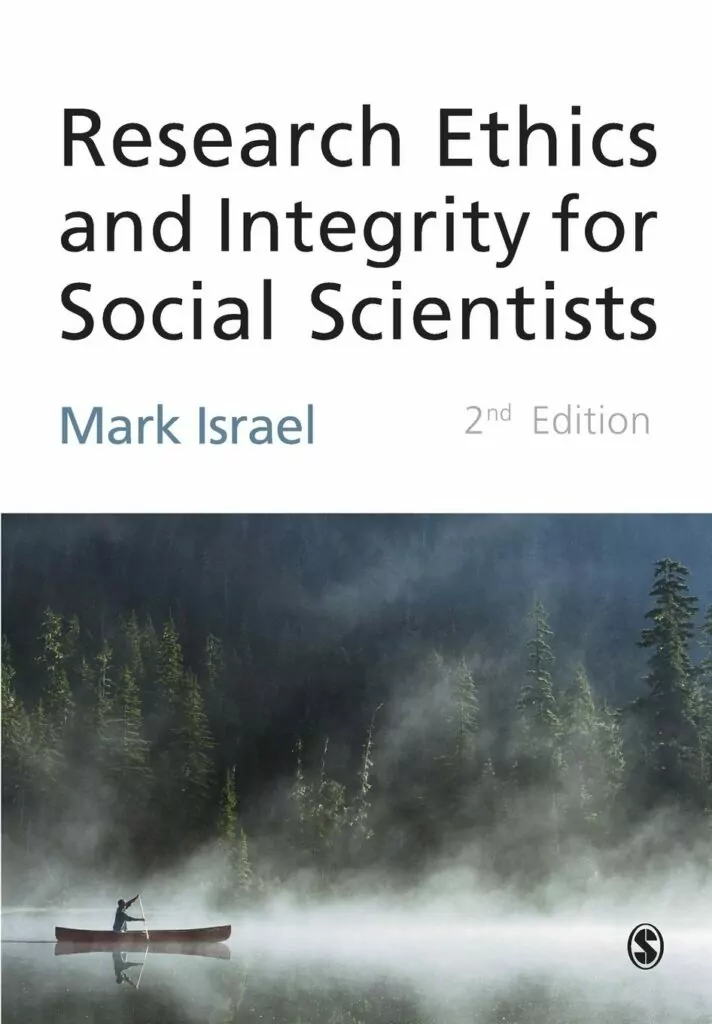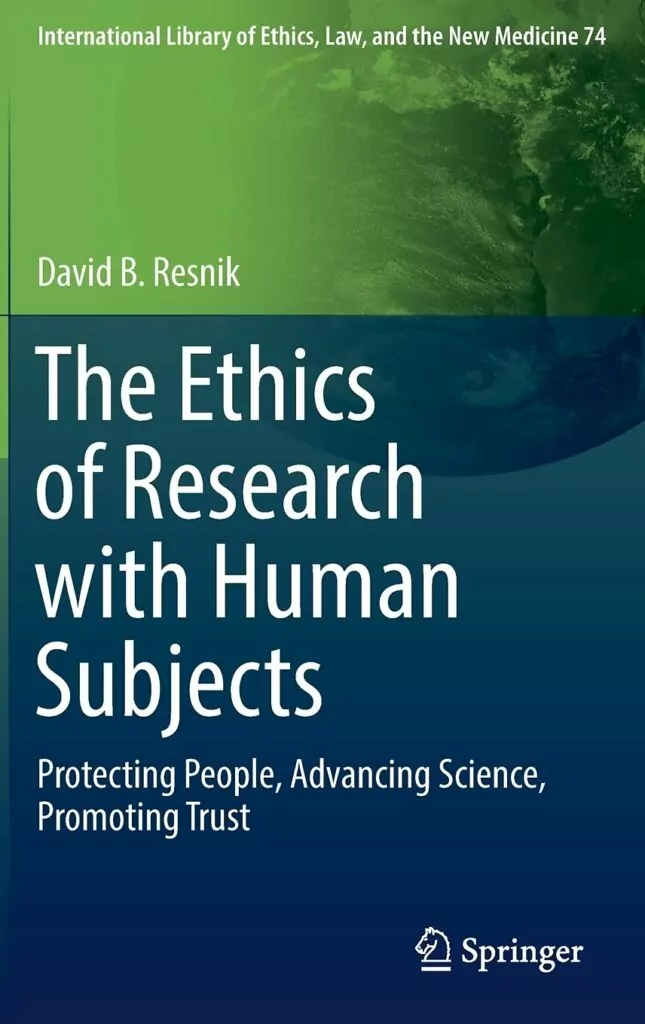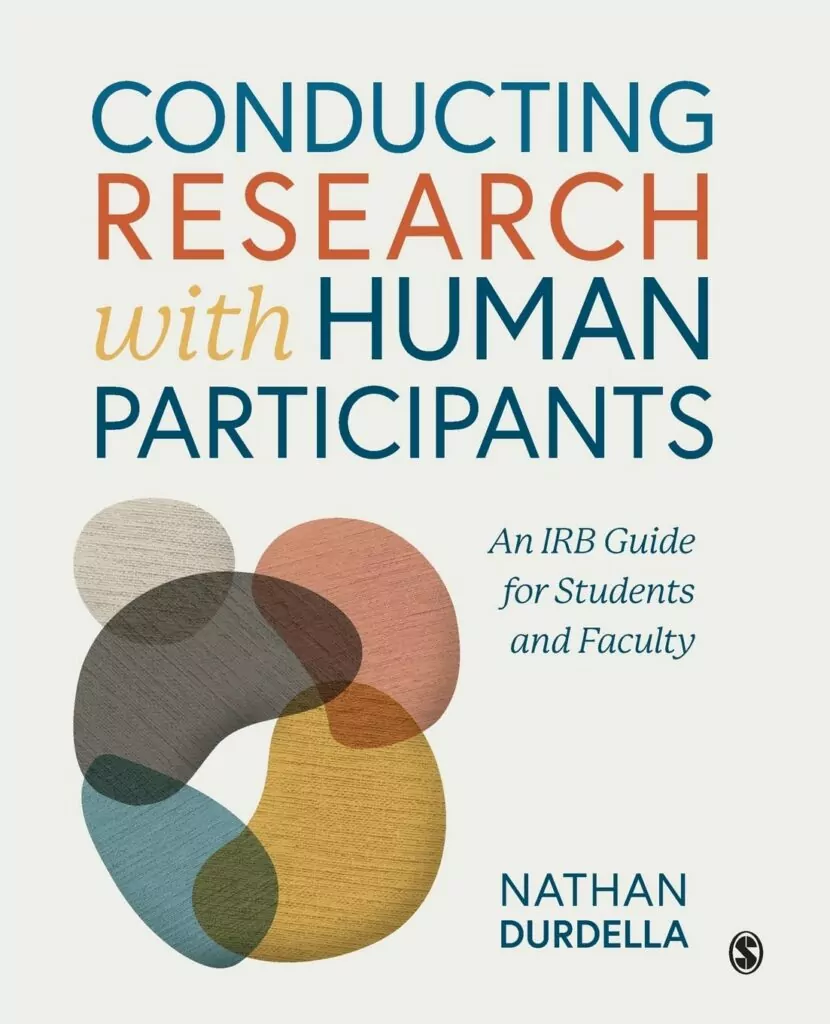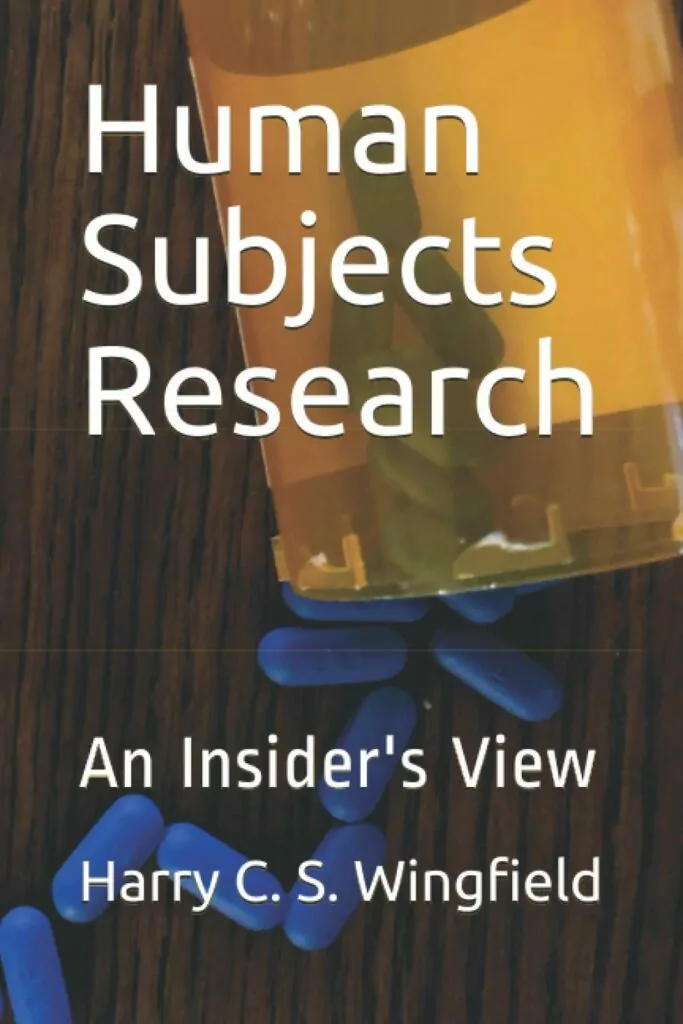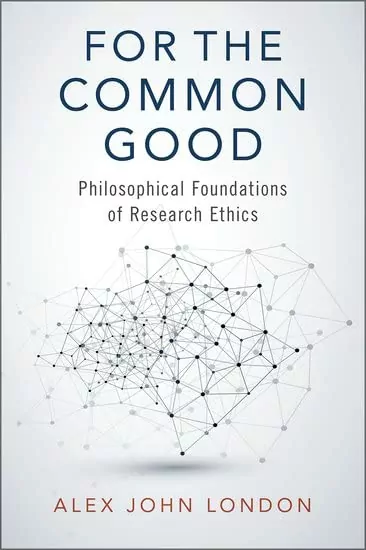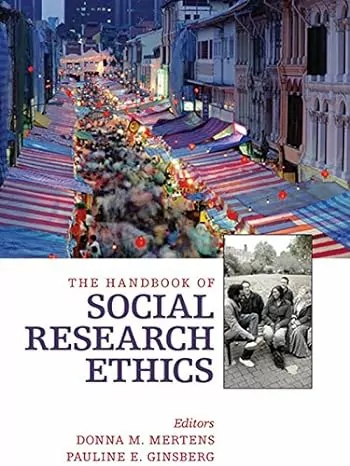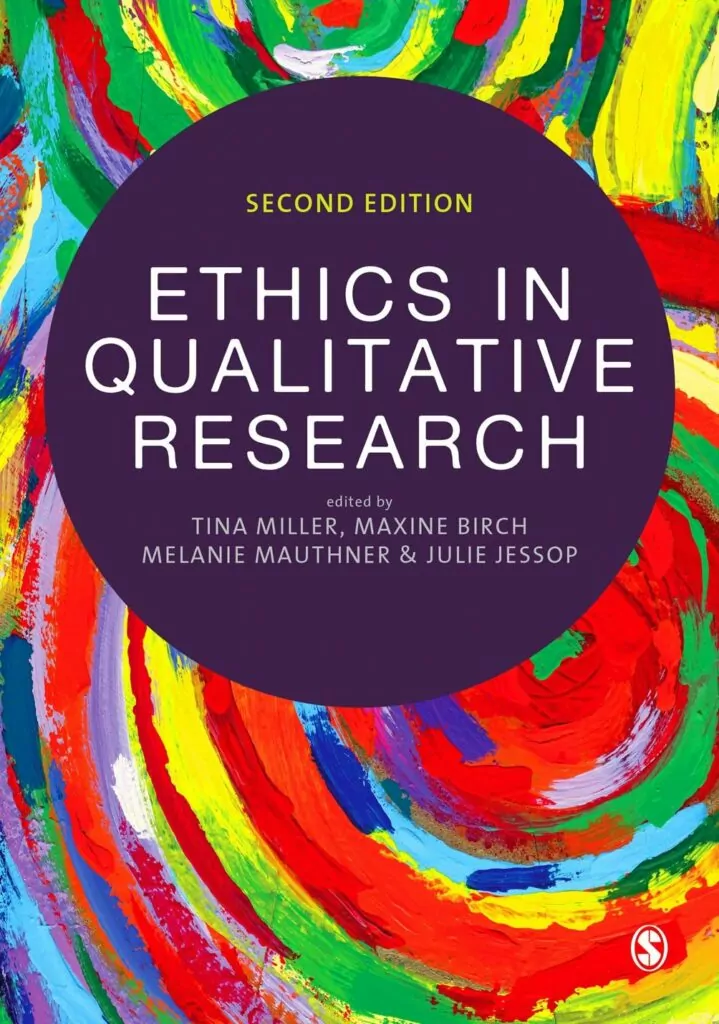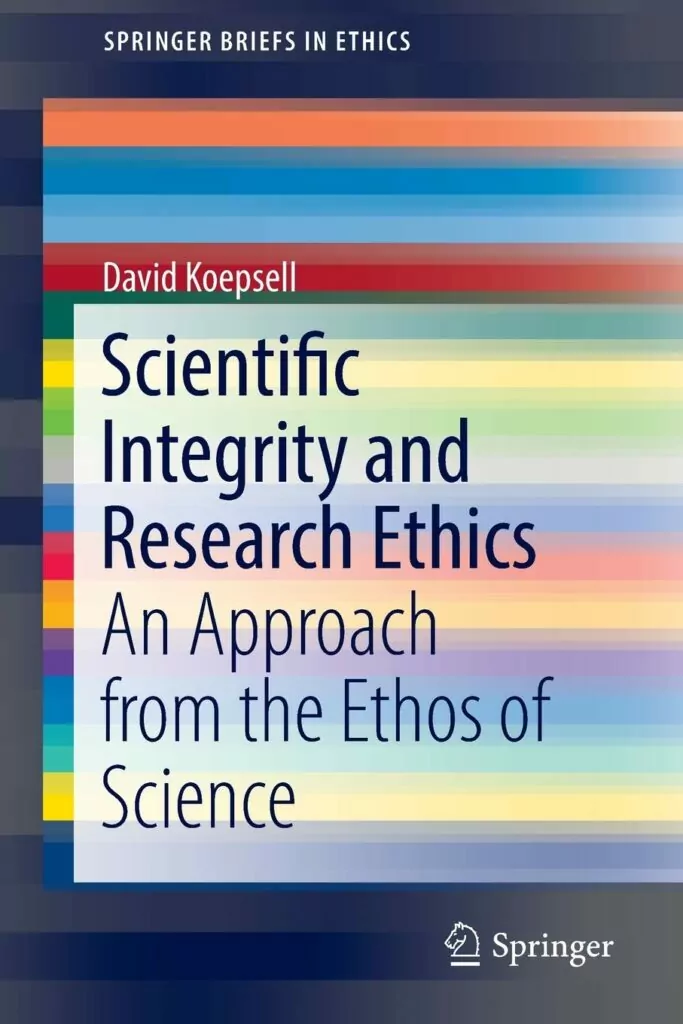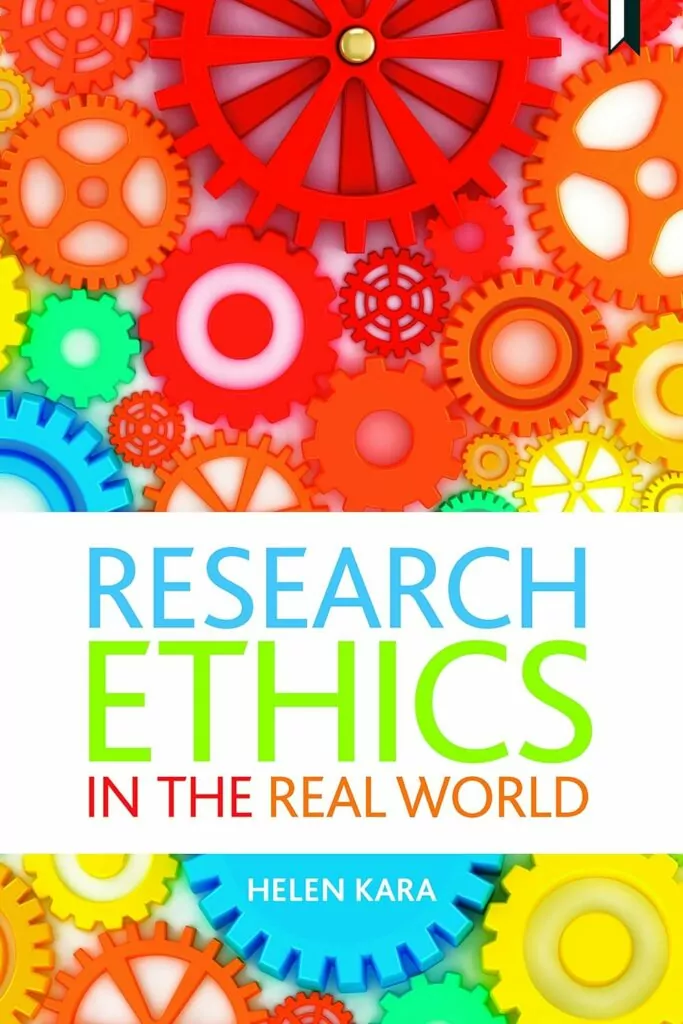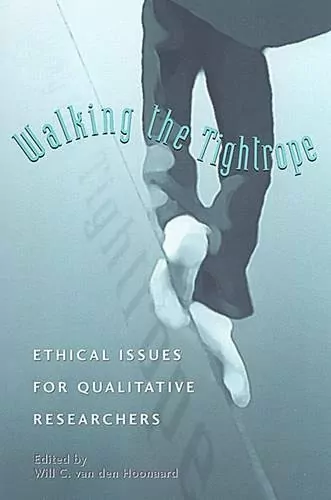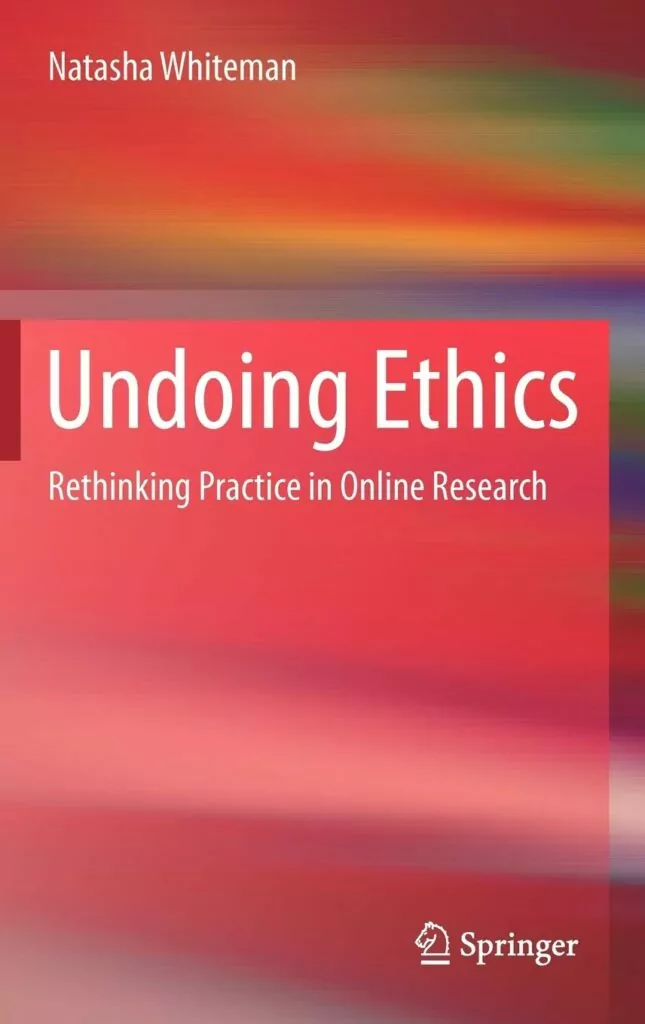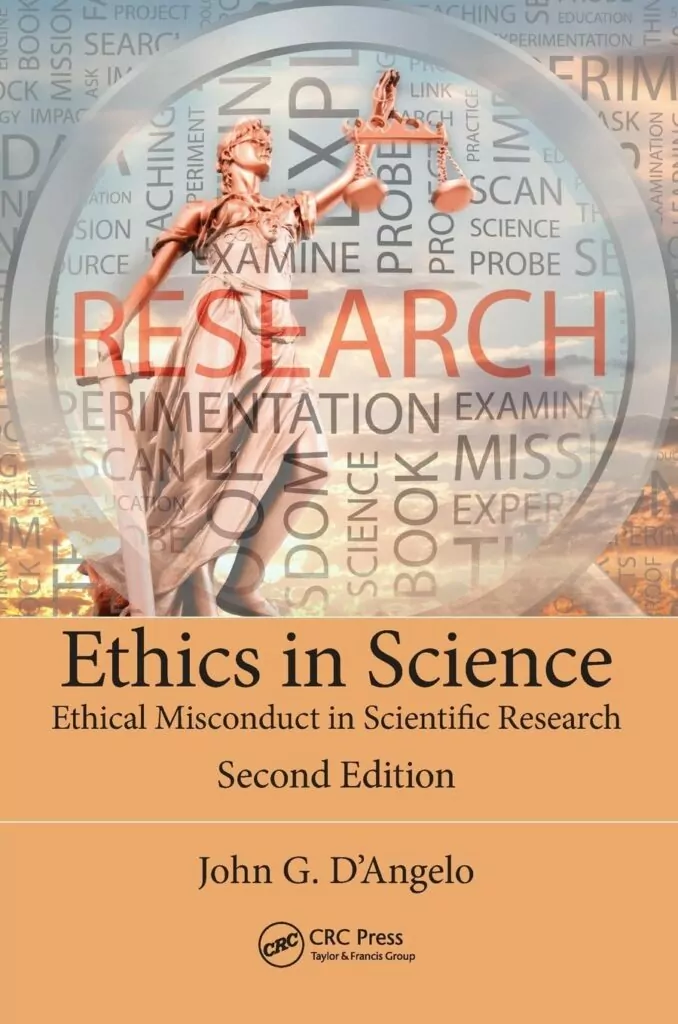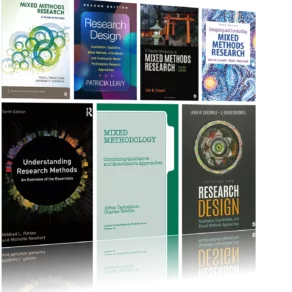Research ethics is a complex terrain that you need to navigate if you are involved in doing research especially with humans. As researchers seek to contribute valuable knowledge to their fields, the importance of conducting work that is not only rigorous but also ethically sound cannot be overstated. This is where the role of comprehensive resources becomes crucial.
Books on research ethics serve as essential guides, offering insights, frameworks, and practical advice to ensure that research practices are conducted with integrity and respect for all involved. I have had my fair share of dealing with research ethics during my graduate studies and beyond and during the process I become familiar with several works are key to understanding the complications of research ethics.
The collection below features some of what I believe are some very good ethics books that I highly recommend for both seasoned and budding researchers. These texts span a variety of perspectives, from Euro-Western methodologies to Indigenous viewpoints, and cover a broad spectrum of disciplines, highlighting the universal relevance of ethical research practices.
Related: Best Research Methods Books
Books on Research Ethics
Whether you’re a seasoned academic or a novice researcher, these research ethics books provide the foundational knowledge and nuanced understandings necessary to navigate the ethical dimensions of your work effectively.
1. 100 Questions (and Answers) About Research Ethics, by Emily E. Anderson and Amy L. Corneli
This insightful book is a must-have for both budding and seasoned researchers in the social and behavioral sciences. Emily E. Anderson and Amy L. Corneli meticulously compile 100 pivotal questions (and their answers) that delve into the ethical quandaries one may face throughout the research process. From initial planning stages to the nuanced execution of research, this guide covers vital topics such as risk assessment, privacy protection, informed consent, and the ethical use of technology.
2. Ethics in Social Science Research: Becoming Culturally Responsive, by Maria K. E. Lahman
Maria K. E. Lahman’s work is a profound exploration of the ethical considerations necessary for conducting culturally responsive social science research. It emphasizes the importance of understanding and respecting the diverse communities researchers engage with, advocating for ethically sound practices that extend beyond mere regulatory compliance. Lahman enriches her guidance with first-person narratives and vignettes from real research projects, offering a tangible connection to the ethical dilemmas and solutions presented. This book is a valuable resource for qualitative researchers aiming to design studies that are both ethical and culturally attuned, highlighting the significance of empathy and respect in the research process.
3. Research Ethics: A Philosophical Guide to the Responsible Conduct of Research, by Gary Comstock
Gary Comstock introduces a novel and philosophical angle to the conversation on research ethics with his book. Instead of focusing solely on rules and regulations, Comstock engages readers with the moral philosophies that underpin ethical decision-making in research. The book is divided into sections that explore egoism, contractualism, moral rights, and utilitarianism, providing a comprehensive overview of how these principles apply to various aspects of research conduct, including data handling, informed consent, and the use of human and animal subjects. This approach encourages researchers to engage with ethics on a deeper level, fostering a more intuitive understanding of responsible research practices.
4. Research Ethics and Integrity for Social Scientists: Beyond Regulatory Compliance, by Mark Israel
Mark Israel’s comprehensive guide addresses the evolving landscape of research ethics and integrity, focusing on the challenges and opportunities faced by social scientists. As regulations become more complex and encompassing, Israel advocates for ethical research practices that surpass basic compliance, urging researchers to consider the broader implications of their work on society. This updated edition expands on the original, incorporating discussions on international, indigenous, interdisciplinary, and internet research, making it an essential resource for researchers seeking to navigate the ethical intricacies of their work with integrity and consideration for the global community.
5. The Oxford Textbook of Clinical Research Ethics, by Ezekiel J. Emanuel et al.
Edited by a team of experts from the U.S. National Institutes of Health, The Oxford Textbook of Clinical Research Ethics stands as the definitive reference on the ethical considerations in clinical research. The text is comprehensive, covering the spectrum of research ethics from historical achievements to the contemporary challenges faced in human subjects research. Through conceptual analysis and reviews of empirical data, it addresses key issues such as scientific validity, risk-benefit analysis, and informed consent. This textbook is indispensable for medical researchers, as well as educators and students in the medical sciences, offering a thorough foundation for understanding and applying ethical principles in clinical research.
6. The Ethics of Research with Human Subjects: Protecting People, Advancing Science, Promoting Trust, by Resnik
In this thought-provoking book, Resnik lays out a framework for ethical research that centers on the principle of trust. He argues that trust is crucial not only between researchers and subjects but also among all stakeholders involved in the research process. The book tackles informed consent, confidentiality, risk management, and the balance of risks and benefits, among other issues, through the lens of building and maintaining trust. It also provides a historical overview, examines moral theories, and discusses contemporary cases and regulatory reforms. This work is an essential read for anyone involved in research with human subjects, offering a nuanced perspective that champions trust as a foundational ethical principle.
7. Conducting Research with Human Participants: An IRB Guide for Students and Faculty, by Nathan Richard Durdella
Nathan Richard Durdella’s book is a practical roadmap for navigating the complexities of the Institutional Review Board (IRB) process, offering invaluable advice for students and faculty alike. It stands out as a comprehensive guide, detailing each step of drafting, submitting, and revising IRB protocols to expedite research projects and dissertations. By covering the history, contemporary ethical considerations, and latest updates to regulatory frameworks, Durdella equips researchers with the knowledge to engage with vulnerable groups ethically and handle adverse events effectively. Furthermore, the book encourages a broader reflection on ethical research practices, extending beyond IRB compliance to consider the broader impacts on communities involved in the research.
8. Human Subjects Research: An Insider’s View, by Harry C. S. Wingfield CIP
Harry C. S. Wingfield’s “Human Subjects Research: An Insider’s View” offers a rare glimpse into the world of research involving human subjects from an experienced participant and overseer’s perspective. Wingfield demystifies the research process, from drug trials to opinion polls, emphasizing the importance of participant involvement and protection. His personal narratives reveal both the life-saving potentials of medical research and its risks, critiquing motivations and methods that may compromise participant welfare. This book calls for significant improvements in research conduct and recruitment, making it an essential read for anyone interested in the ethical dimensions of human subjects research.
9. For the Common Good: Philosophical Foundations of Research Ethics, by Alex John London
Alex John London’s “For the Common Good” delves into the philosophical underpinnings of research ethics, challenging the notion that advancing social purposes might justify compromising individual rights in research. London proposes a dual moral imperative: to conduct research that supports social institutions’ ability to protect individual interests and to organize research as a voluntary, equitable cooperation respecting all contributors. This book offers a fresh framework for understanding research ethics, expanding its scope to include not just researchers and participants but also the broader community and societal impact, paving the way for a more coherent and ethical approach to research.
10. The Handbook of Social Research Ethics, by Donna M. Mertens and Pauline E. Ginsberg
Donna M. Mertens and Pauline E. Ginsberg’s “The Handbook of Social Research Ethics” is a pivotal resource that addresses the complex ethical landscapes of social research. This comprehensive volume brings together leading scholars to explore the history, theory, and practical implementation of ethical research. By examining the relationship between research practice and social justice, the editors highlight ethical dilemmas arising in a technologically and culturally diverse world. This handbook is an indispensable guide for navigating the ethical considerations crucial to conducting responsible and impactful social research.
11. Ethics in Qualitative Research, edited by Tina Miller, Maxine Birch, Melanie Mauthner, and Julie Jessop
The second edition of “Ethics in Qualitative Research” offers an expanded exploration of the ethical challenges faced by qualitative researchers today. Edited by Tina Miller, Maxine Birch, Melanie Mauthner, and Julie Jessop, this book provides a nuanced discussion on the importance of ethical considerations throughout the research process, from data collection to analysis. By addressing new ethical dilemmas in a rapidly changing research environment, this edition guides researchers through maintaining ethical integrity while navigating complex social and technological landscapes.
12. Scientific Integrity and Research Ethics: An Approach from the Ethos of Science, by David Koepsell
David Koepsell’s “Scientific Integrity and Research Ethics” introduces a straightforward, yet profound, framework for understanding and implementing ethical practices in research. By drawing on Robert Merton’s concept of the “ethos of science,” Koepsell bypasses complex philosophical debates to focus on the essential behaviors that sustain the integrity of science and academia. This book is a crucial read for anyone involved in the research community, providing clear insights into ethical behavior grounded in the core principles of scientific practice.
13. Research Ethics in the Real World: Euro-Western and Indigenous Perspectives, by Helen Kara
Helen Kara’s book stands out for its holistic approach to research ethics, bridging Euro-Western and Indigenous methodologies. It’s a pioneering work that explores the ethical dimensions of research across different stages and contexts, emphasizing the importance of integrating various ethical perspectives. By including contributions from students, academics, and research ethics experts worldwide, Kara provides a comprehensive view on how ethical considerations intersect with social, professional, and institutional responsibilities. This book is a valuable resource for researchers from all disciplines, offering insights on conducting ethical research that respects and understands the diversity of knowledge systems.
14. Global Research Ethics: Case Studies from International Research Contexts, by Caren J. Frost, Lisa H. Gren, L. Scott Benson, Margaret Carlson
“Global Research Ethics” offers an essential exploration of research ethics on an international scale, addressing the critical need for ethical guidance in global health and social research. Through engaging case studies from various countries and research contexts, the authors illuminate the complexities of ethical research practices in diverse cultural and regulatory environments. This book is a crucial tool for students, educators, and researchers, providing a deep understanding of the ethical considerations that must be navigated when conducting research across borders. It serves as a guide for ethical decision-making that respects cultural differences and promotes the well-being of global populations.
15. Walking the Tightrope: Ethical Issues for Qualitative Researchers, edited by Will C. van den Hoonaard
Edited by Will C. van den Hoonaard, “Walking the Tightrope” critically examines the ethical challenges unique to qualitative research. This collection of essays from researchers in Canada, America, and Britain questions the suitability of traditional ethics guidelines for qualitative research’s inductive nature. By exploring issues like confidentiality and the ethics of online research, the contributors argue for a reevaluation of ethics policies that better accommodate the nuances of qualitative studies. This book is a thought-provoking read for scholars and practitioners in social sciences, education, and beyond, offering insights into navigating ethical dilemmas in research.
16. Undoing Ethics: Rethinking Practice in Online Research, by Natasha Whiteman
Natasha Whiteman’s “Undoing Ethics” delves into the ethical quandaries of online research, challenging conventional approaches with a focus on the evolving nature of internet studies. Whiteman advocates for ethics that are adaptable to the specific contexts of online environments, drawing from her extensive research in media fan communities. This book is a must-read for researchers navigating the digital realm, providing a reflexive framework for ethical decision-making that respects the dynamic interactions between researchers and online communities. “Undoing Ethics” is a significant contribution to the discourse on internet research ethics, offering practical insights for ethical practice in the digital age.
17. Ethics in Science: Ethical Misconduct in Scientific Research, by John D’Angelo
John D’Angelo’s updated edition of “Ethics in Science” is a comprehensive exploration of ethical misconduct in scientific research, providing a critical toolkit for understanding and debating ethical issues in the scientific community. This edition includes new chapters and case studies that highlight the complexities of scientific misconduct, offering readers the opportunity to engage with real-world ethical dilemmas. D’Angelo’s work is essential for anyone involved in scientific research, from students to seasoned professionals, offering guidance for navigating the moral landscape of modern science.
18. Practical Ethics, by Peter Singer
Peter Singer’s “Practical Ethics” is a seminal work in applied ethics, offering rigorous examinations of ethical issues that affect us both personally and as a society. In this third edition, Singer updates all chapters and adds a new one on climate change, addressing one of the most pressing ethical challenges today. From questions about luxury spending and animal welfare to broader issues like racial discrimination, abortion, and environmental conservation, Singer provides clear, provocative arguments. This book is invaluable for anyone looking to understand the ethical considerations behind our everyday choices and the larger societal challenges we face.
Related: 14 Key Mixed Methods Research Examples
Final thoughts
The landscape of research ethics is intricate, demanding a careful balance between methodological rigor and ethical responsibility. The books on research ethics highlighted above serve as invaluable resources for anyone engaged in the research process. They offer a comprehensive exploration of ethical considerations across different contexts, methodologies, and cultural perspectives, ensuring that researchers are well-equipped to address the ethical complexities of their work. By drawing on the insights and frameworks these texts provide, researchers can foster a research environment that prioritizes integrity, respect, and ethical accountability.




